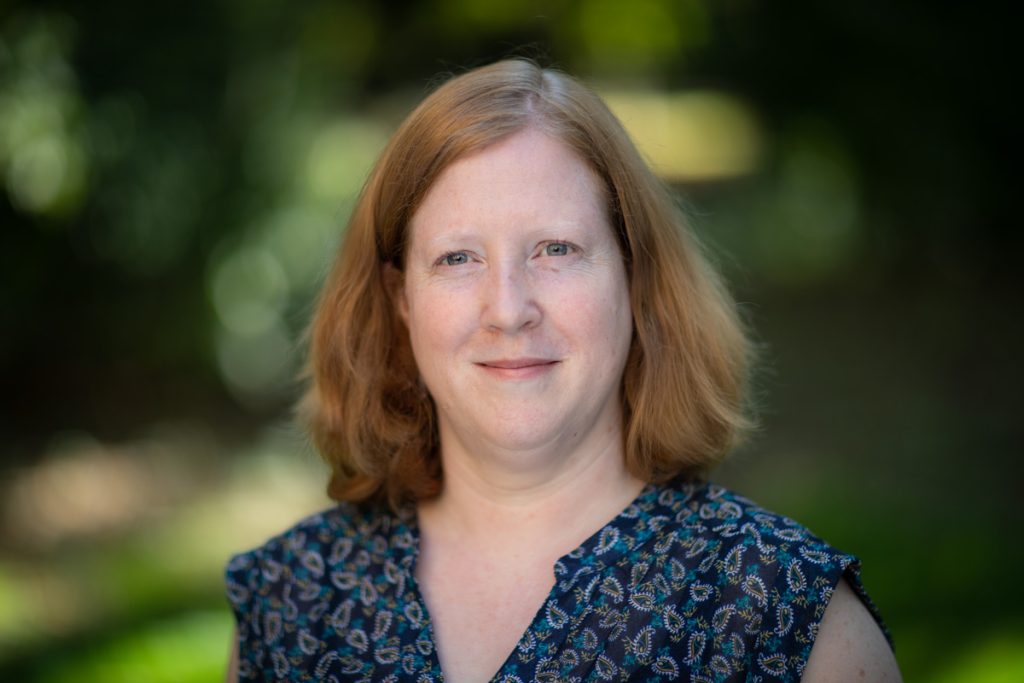Jenni is Professor of Mathematics Education. She is Deputy Chair of the Joint Mathematical Council, Executive Trustee and Treasurer for the International Group for the Psychology of Mathematics Education, and Chair of the European Society for Research in Mathematics Education Interaction, communication and Language in Mathematics Education thematic working group. She is a member of the Royal Society Advisor Committee on Mathematics Education 11-16 Expert Group and the Mathematical Observatory Research Expert Panel. She is also an Editor of Research in Mathematics Education, Guest Editor for The Mathematics Enthusiast, and member of the Editorial Boards for the Journal of Mathematical Behavior and the Journal for Mathematics Teacher Education.
Before coming to Oxford, Jenni held an academic post at the University of Warwick and taught mathematics in comprehensive secondary schools in England. She is a qualified mathematics teacher. Her first degree was in mathematics and her doctorate was in mathematics education. She is an award winning mathematics teacher educator as well as an internationally recognised researcher.
Jenni’s research interests are in interaction communication and language in mathematics classrooms as well as international large-scale assessments focusing on mathematics. Much of her research focuses on key mathematical concepts within the mathematics curriculum, such as mathematical equivalence, variables, functions, angles, probability and mathematical argumentation.
Collaborators
Programme for International Student Assessment (PISA) 2025 – Judith Hillier, Stuart Cadwallader, Jo-Anne Baird and Jamie Stiff
Developing Language-Responsive Mathematics Classrooms – Robert Ward-Penny, Elizabeth Kimber, Núria Planas, Jill Adler, Kirstin Erath
Programme for International Student Assessment (PISA) 2022 – Stuart Cadwallader, Jamie Stiff, Jo-Ann Baird
Capacity for Research Around Teacher Education (CRATE) – Trevor Mutton, Katharine Burn, Ann Childs, Liam Guilfoyle, Robert Klassen, Anay Nangalia, Josie Scammell











